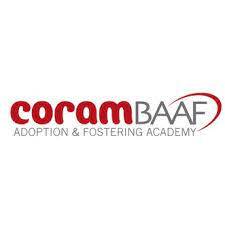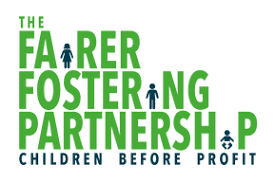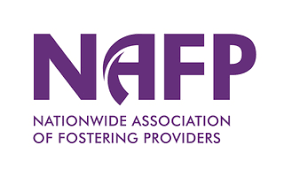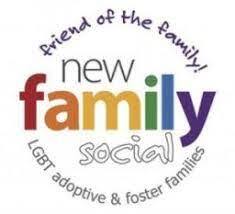Types Of Fostering
There are many different types of foster placements that centre around the individual needs of the children and young people requiring care.



Matching children to the right family
Throughout the assessment process, working with your dedicated social worker, we establish together the best types of foster placements for you.
Making sure you are well equipped for those particular placement types.
You can be approved for multiple types of foster placement depending on your experience and circumstance. Note throughout the panel process your approvals can change.
It’s all about matching children to the right families.
You can read more about the types of foster placement here:
Fostering short term
Fostering short term
Short-term fostering typically lasts a few days/weeks whilst more permanent long-term arrangements are made - however, some short-term placements can last months even years.
Short term fostering
Fostering long term
Fostering long term
Long-term fostering or ‘Family for life’ is where a child or young person remains in your care permanently, until they reach adulthood and have the desire to live independently.
Long term fostering
Short break fostering
Short break fostering
Formerly known as Respite care - offers a foster family some downtime, enabling both the child/young person and their foster parents some well needed space to rest.
Short break fostering
Short notice fostering
Short notice fostering
In some cases, a child or young person requires immediate placement and must be placed with a family without any formal introductions.
Short notice fostering
Fostering siblings
Fostering siblings
Where appropriate, keeping siblings together is an absolute priority for the CFT and one of the areas that nationally, fostering agencies struggle to recruit.
Fostering siblings
Fostering teenagers
Fostering teenagers
Teenagers can be some of the most engaging groups to foster and where you can see the most positive impacts on young people's lives.
Teenage fostering
Staying put
Staying put
A special arrangement, where a young person reaches 18 years old but they are not yet ready to move on.
Staying put foster care
Fostering a parent & child
Fostering a parent & child
A specialist placement for new parents to develop their skills, in a safe family environment for both them and their children
Fostering a partent & child








